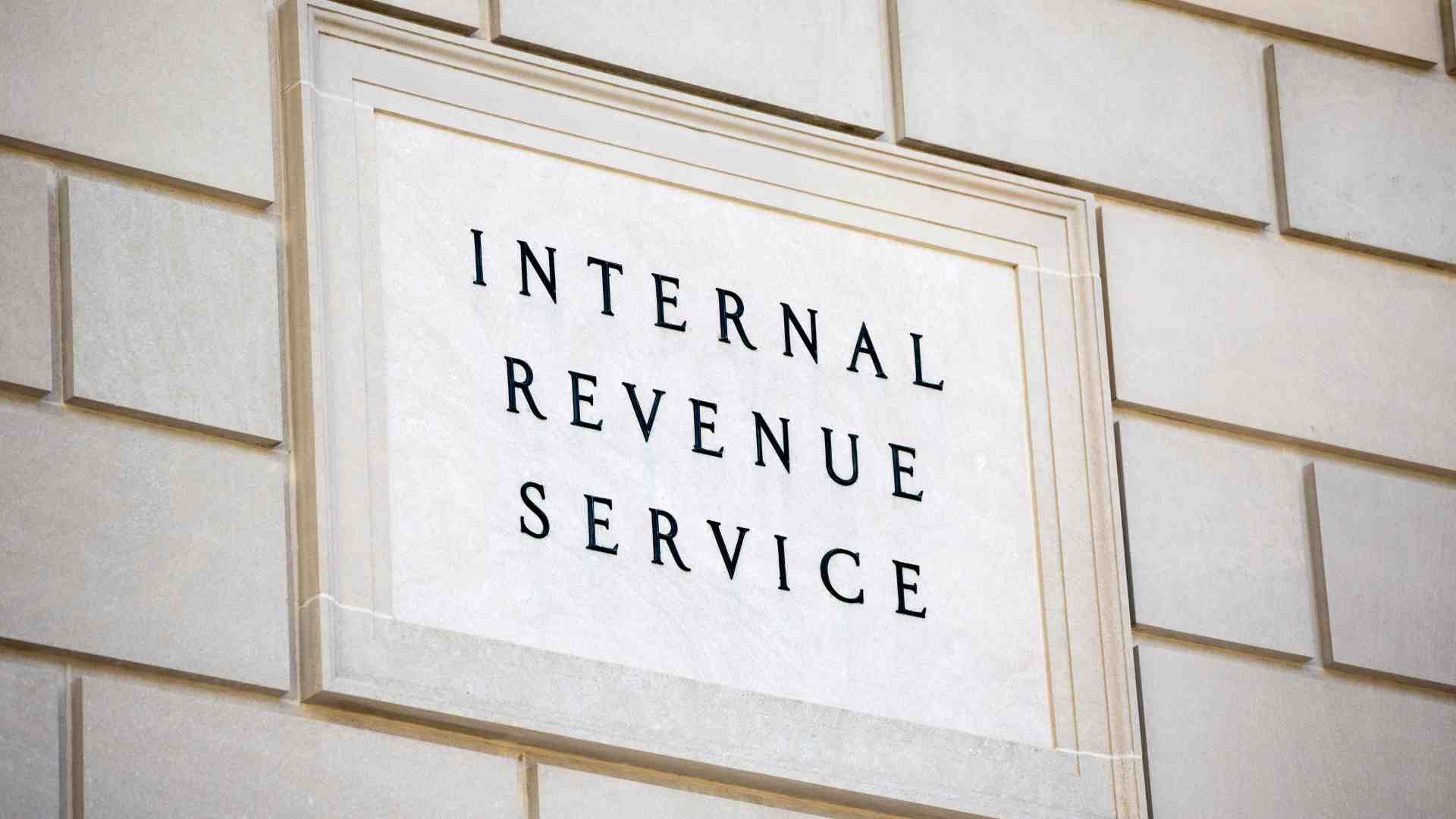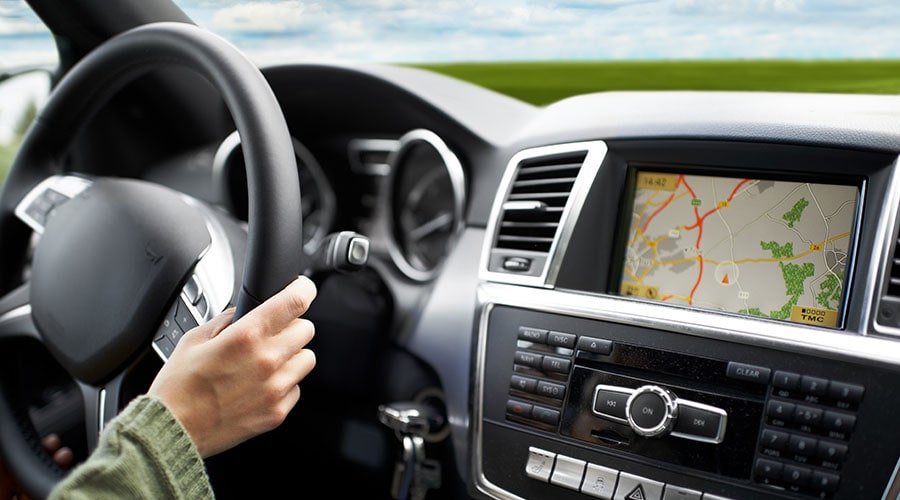Follow us on LinkedIn
Our PageIntro
Once the seat of American heavy industry and manufacturing, Pennsylvania adapted to the demands of the 21st-century economy and quietly made itself one of the central logistics and distribution hubs in the country[1], befitting its Keystone State nickname.
With access to all the major interstate highways, a lower cost of living than neighboring states on the eastern seaboard, and local economies eager for revitalization, it’s no surprise that many Fortune 500 companies like Amazon and Walmart own warehouses and distribution networks in central PA.
If your business employs drivers in Pennsylvania, you’ll face competition to attract good workers if you’re not keeping up with the vehicle reimbursement structures offered by the state and federal tax agencies to stimulate economic growth.
We break down what you need to know about Pennsylvania’s mileage reimbursement rate below. Give it a read.
What is the Pennsylvania mileage reimbursement rate for 2023?
So, the first thing you’ll want to know is that Pennsylvania actually hasn’t set a statewide legal standard for mileage reimbursement or vehicle allowances.
There’s no state requirement to offer any sort of reimbursement for transportation costs your employees face while on the job other than for travel time if it’s during their scheduled working hours.
However, consider carefully before killing your car allowance program. The rate isn’t codified by law, but there are a lot of shipping and logistics companies doing business in the state who are offering their workers a vehicle program, whether that’s a FAVR program, a Tax-Free Car Allowance, or the IRS standard rate.
That said, there are some guidelines to use to make this easier. When there isn’t a specific state mileage reimbursement rate, we can use the Internal Revenue Service’s maximum Cents per mile Rate as the ceiling figure.
That rate was set to 65.5 cents per mile in 2023, up 3 cents from 2022, and was set on December 30, 2022, to line up with the federal government’s General Services Administration personally-owned-vehicle (POV) rate, according to this press release from the Pennsylvania Office of the Budget.[2]
That means any rate up to 65.5 cents per mile you offer your employees in Pennsylvania will be completely tax-free (so long as you satisfy the IRS’s requirements on mileage logging, which we’ve recapped here.)
The average Pennsylvania mileage reimbursement rate
According to our sources, the average mileage reimbursement rate in Pennsylvania is higher than the national average, which is $600.
It’s not a hard rule, but this is in line with our observation that statewide mileage reimbursement rates tend to be lower in states that produce oil and gas, or states that are next to states that do. Transportation and fuel costs tend to dictate the price of everything else.
And indeed, if you check this MERIC survey[3], Pennsylvania ranks right in the middle for the average cost of living for 2023. It’s significantly below several adjacent states, but much higher than the Gulf States (other than Florida).
Pennsylvania has a temperate climate that’s cold in the wintertime and can produce frost in spring, so, like most of the northeastern states, they import a vast majority of the food consumed in the state (although that doesn’t mean you can’t spend a Sunday afternoon at a lovely farmer’s market in Pittsburgh).
It’s also possible that people just drive more in this state. It’s known for being a transportation hub, and many of the U.S.’s most populated cities are within a three-hour drive of Philadelphia.
Pennsylvania state mileage reimbursement tax laws
While several state institutions, such as the Pennsylvania State System of Higher Education,[4] do set their own priorities concerning mileage reimbursement rates and have specific rules their employees must follow, there’s no such requirement for private citizens—or private companies that employ them, legal or otherwise.
Here’s what the Pennsylvania Department of Revenue’s official website says on the subject of what business deductions are permitted for tax purposes in the state[5]:
What’s allowed for mileage reimbursement for tax purposes in Pennsylvania
- Anything up to the federal maximum mileage reimbursement rate, which for 2023, was 65.5 cents per mile. Anything above that number will have the difference taxed as personal income.
- In order to qualify for this tax-free rate and to claim it as a business deduction in the state, you and your employees need to keep detailed mileage reports that include odometer readings, precise coordinates, and what business purpose the trip was made for.
- These mileage reports need to be provided promptly, within thirty or forty-five business days, preferably. (We’ve got a solution for that, by the way.)
What’s not allowed for mileage reimbursement for tax purposes in Pennsylvania
- In language pretty similar to that found in the Internal Revenue Service’s Publication 463[6] governing commuting expenses—or driving to and from work, even if you are working multiple jobs—are not permitted as deductions for business purposes.
- There’s a specific requirement for people working in the trades—any trip within thirty-five miles of your personal residence or your guildhall is considered to be part of your commute.
- You can’t expense your bus fare: this applies to personally owned vehicles (POV) only.
- You can’t claim a flat mileage rate if your employer reimbursed you for your actual expenses. To claim 65.5 cents per mile when you provided receipts that added up to 50 cents per mile is verboten.
Pennsylvania state mileage reimbursement labor laws
As this Labor Law Center article[7] concisely states, there is no requirement in the labor code of the Commonwealth of Pennsylvania that dictates employers must compensate employees for anything other than travel time.
“[The Labor Law Center] found that most employers do pay for mileage expenses even if they are not bound by law to do so…. Most employers pay their employees at a rate close to that set by the IRS.”
Again, it is not an obligation, but it is sort of an unwritten rule, and it will be hard to hire good drivers in a state full of warehouses if your business isn’t offering some type of employee compensation for their use of personal vehicles.
Conclusion
Competition is the bedrock of the American economy, just as Pennsylvania was the Keystone State for the Founding Fathers.
If you want your business to remain competitive when employing Pennamites—while also keeping that ledger lean and maximizing your organization’s tax benefits—click this link to set up an introductory call with Cardata. We offer free expert advice on vehicle reimbursement programs and how they work throughout North America.
Disclaimer: While informative, this article was composed by summarizing tax literature in publicly-available materials, such as those put out by the Internal Revenue Service. While Cardata vouches for the accuracy of our citations, this page has not been reviewed by a tax professional, and should not be considered legal or financial advice beyond providing general information to the public.
[1] Here are 12 new massive warehouses that call central Pa. home (or soon will) – pennlive.com
[2]Travel News
[3]Travel News
[4] Employee Travel Expense Reimbursement Rates | PA State System of Higher Education
[5] Pennsylvania Unreimbursed Business Expenses Mileage
[6]About Publication 463, Travel, Gift, and Car Expenses
[7] Mileage Reimbursement Law Regulations in Pennsylvania (PA) Explained | Labor Law Education Center
Share on:



